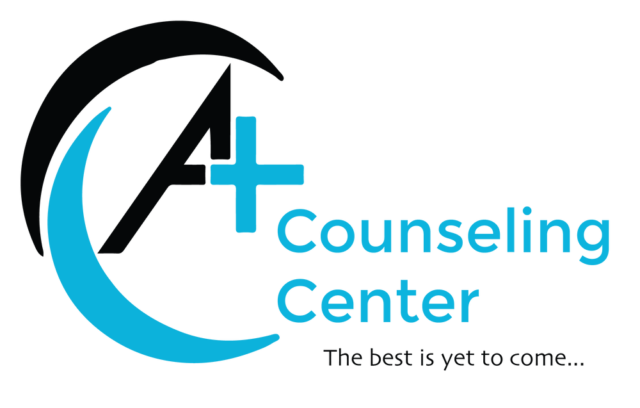
More Mental Health Articles
Suicide Prevention: The Crucial Role of Counselors in Saving Lives

Suicide is a global public health concern, with millions of lives lost each year. It is a complex issue with various contributing factors, but one common thread is the deep emotional pain experienced by individuals who contemplate or attempt suicide. Counselors play a pivotal role in suicide prevention by offering support, guidance, and a lifeline to those in need. In this article, we will explore the importance of suicide prevention and how counselors can make a difference.
Understanding the Scope of the Problem
Suicide is not limited by age, gender, or socioeconomic status. It affects people from all walks of life. According to the World Health Organization (WHO), close to 800,000 people die by suicide each year, making it a leading cause of death worldwide. However, for every completed suicide, there are many more individuals who have contemplated it or made unsuccessful attempts.
The Role of Counselors
Counselors are trained professionals equipped to address the emotional and psychological needs of individuals. When it comes to suicide prevention, they play several crucial roles:
- Identification and Assessment: Counselors are often the first to identify signs of distress in their clients. They are trained to recognize warning signs of suicide, such as extreme sadness, hopelessness, social withdrawal, or sudden changes in behavior.
- Providing a Safe Space: Counselors offer a confidential and non-judgmental environment where individuals can express their thoughts and feelings openly. This safe space can be instrumental in encouraging people to talk about their suicidal thoughts.
- Assisting with Coping Strategies: Counselors help clients develop healthy coping strategies for dealing with emotional pain and life stressors. These strategies can provide individuals with alternative ways to manage their feelings.
- Risk Assessment: Counselors conduct thorough risk assessments to determine the level of danger a client may be in. This assessment guides the development of a safety plan tailored to the individual’s needs.
- Collaboration: Counselors often work in multidisciplinary teams, collaborating with psychiatrists, social workers, and other healthcare professionals to provide comprehensive care to clients at risk of suicide.
- Education and Awareness: Counselors educate clients, their families, and the community about suicide prevention. They raise awareness about available resources and encourage individuals to seek help when needed.
- Follow-Up and Support: Counselors offer ongoing support, monitoring, and follow-up care for individuals at risk of suicide. This continuity of care can be crucial in preventing relapses.
Suicide is a tragic and preventable loss of life. Counselors are instrumental in the fight against suicide, offering support, guidance, and hope to those who are struggling. By identifying warning signs, providing a safe space, and collaborating with other professionals, counselors can help individuals overcome their emotional pain and find reasons to live. In the battle against suicide, counselors are indispensable allies, providing the care and compassion that can make all the difference in saving lives. If you or someone you know is struggling with thoughts of suicide, please seek help immediately from a mental health professional or a crisis helpline. You are not alone, and help is available.
Other Articles You May Find of Interest...
- What is High Functioning Anxiety?
- The Promise of Spravato: Revolutionizing Depression Treatment
- What is OCD? Signs and Treatments
- Mindful Recovery: Incorporating Mental Health in Addiction Treatment
- Affordable Therapy for All: ‘Gonna Be Ok’ Makes Mental Health Support Accessible
- The Challenges of Being an LGBTQ+ Parent
- Embracing Healing: Navigating the Emotional and Physical Journey of Mastectomy Recovery

















